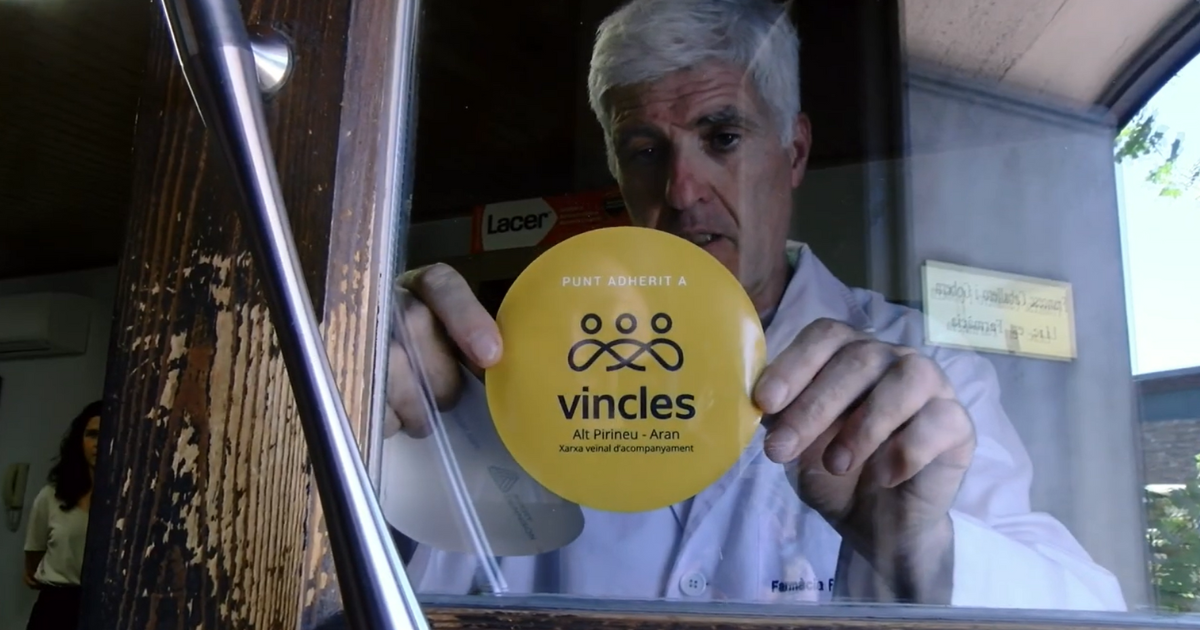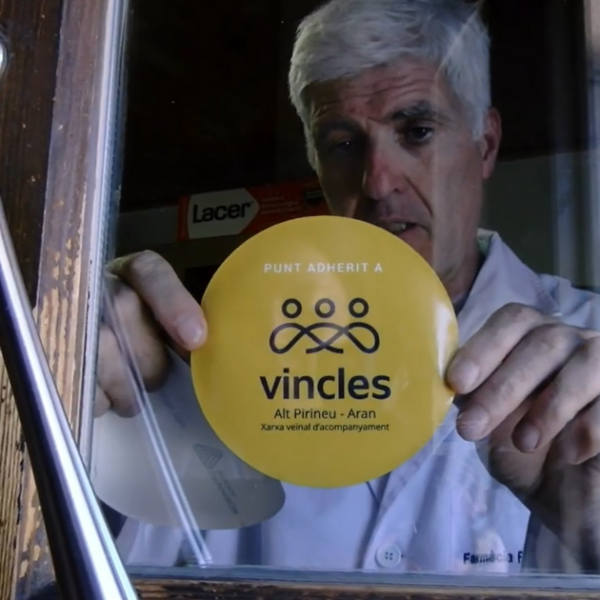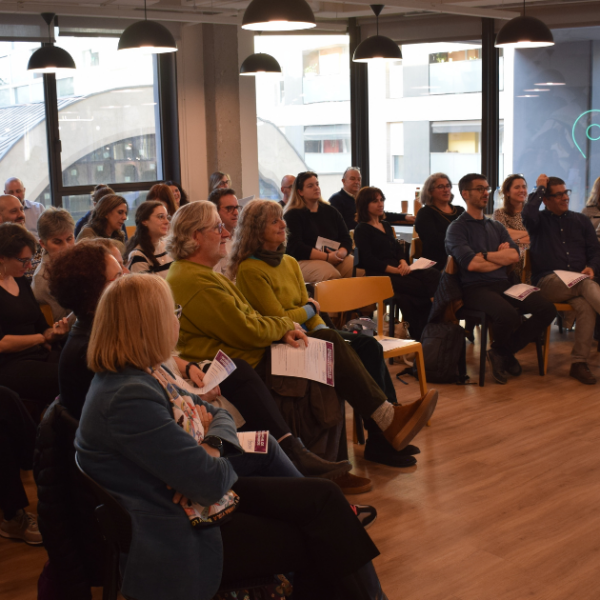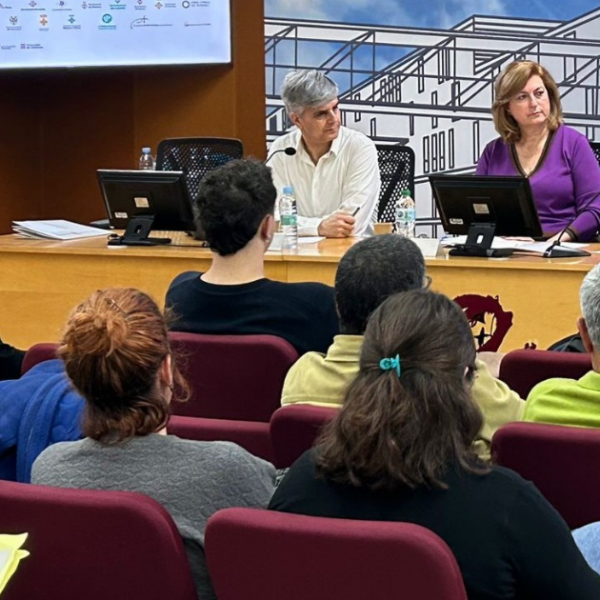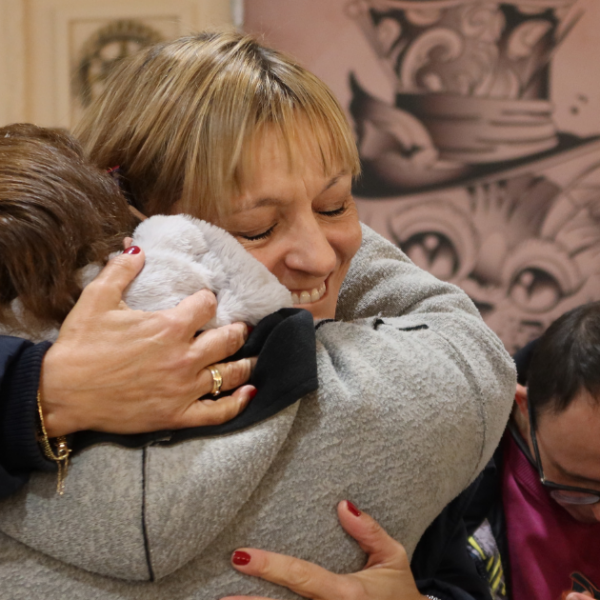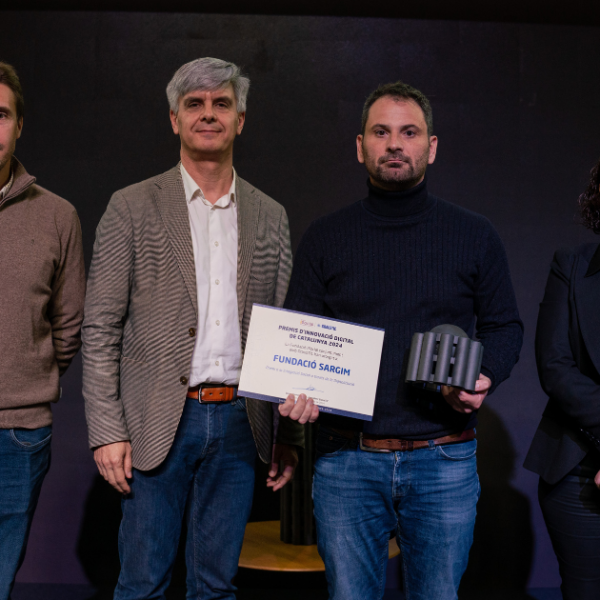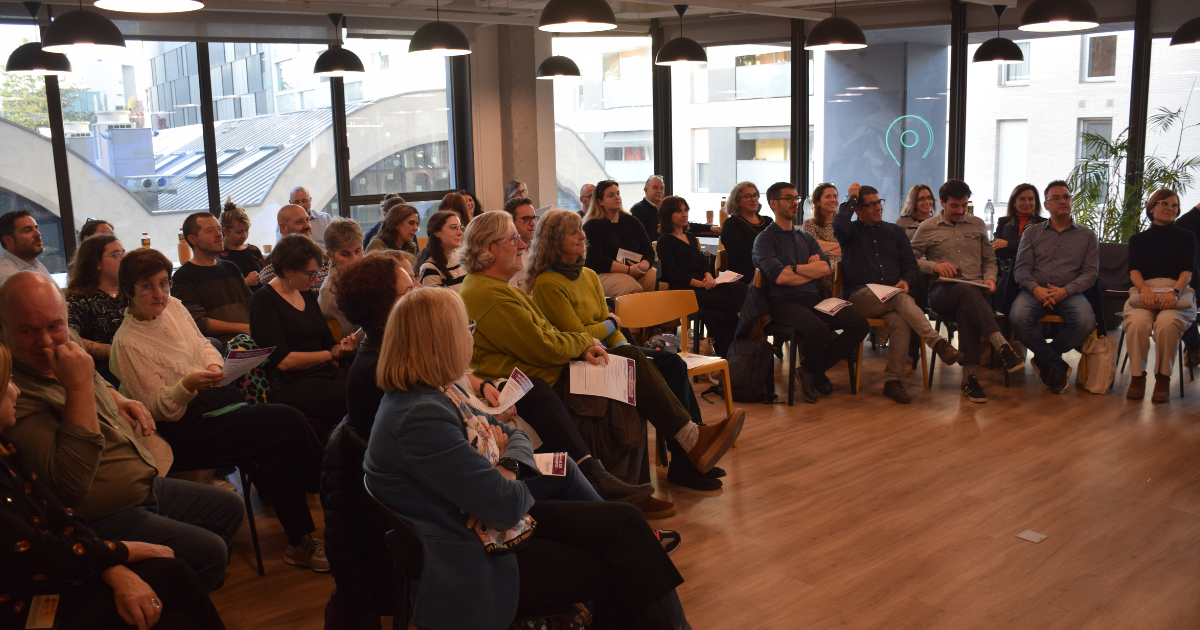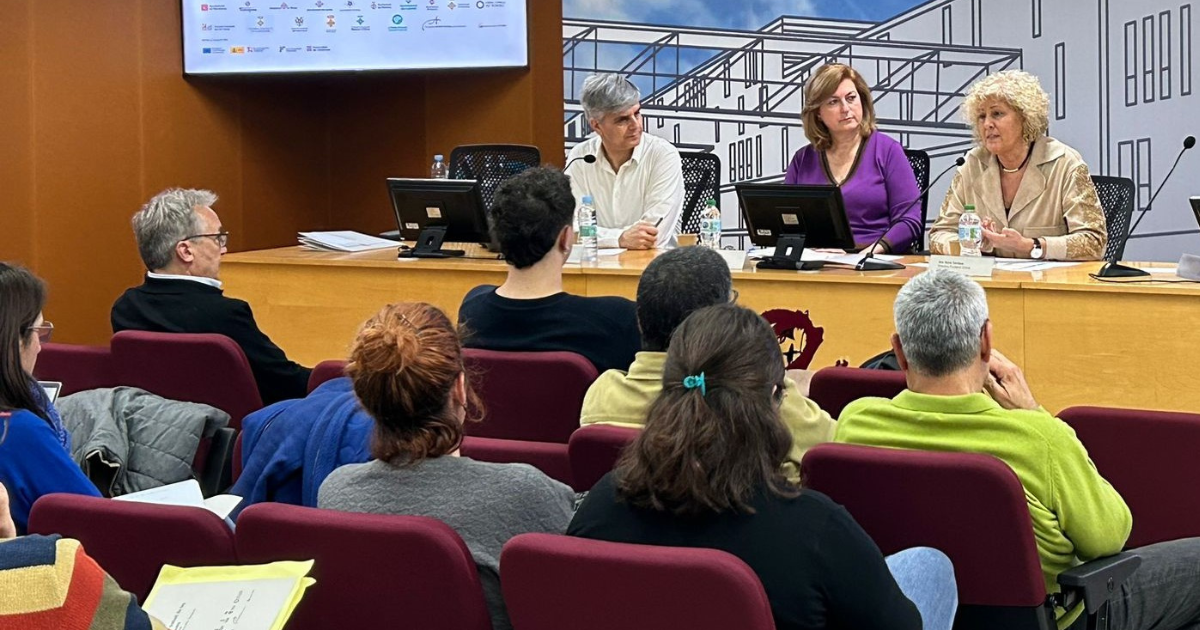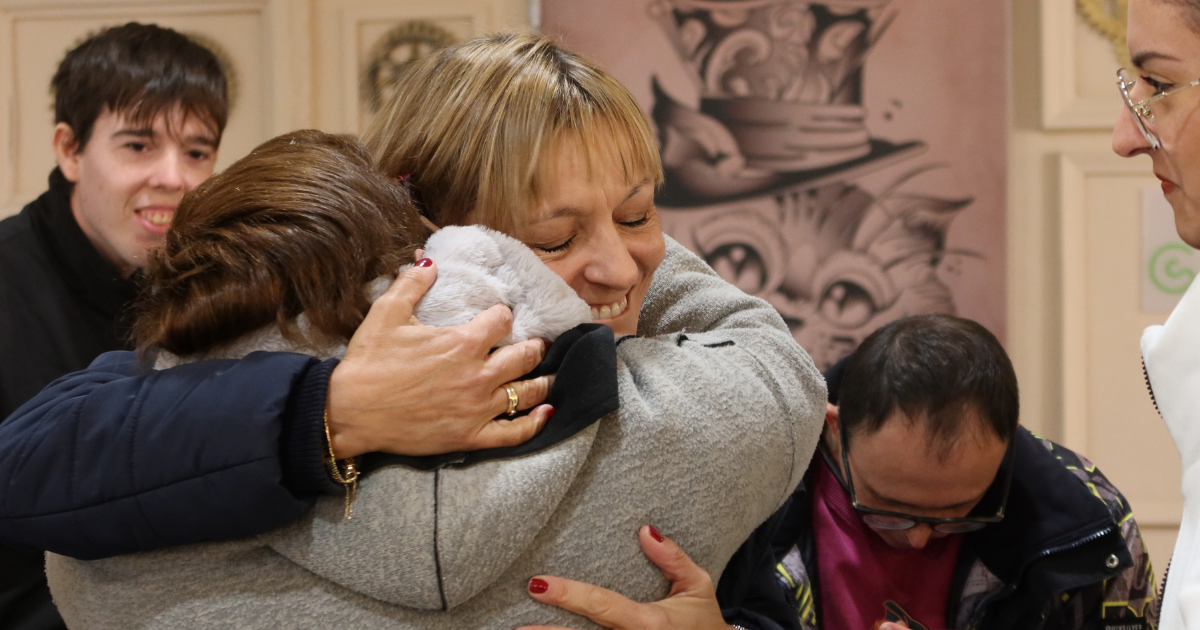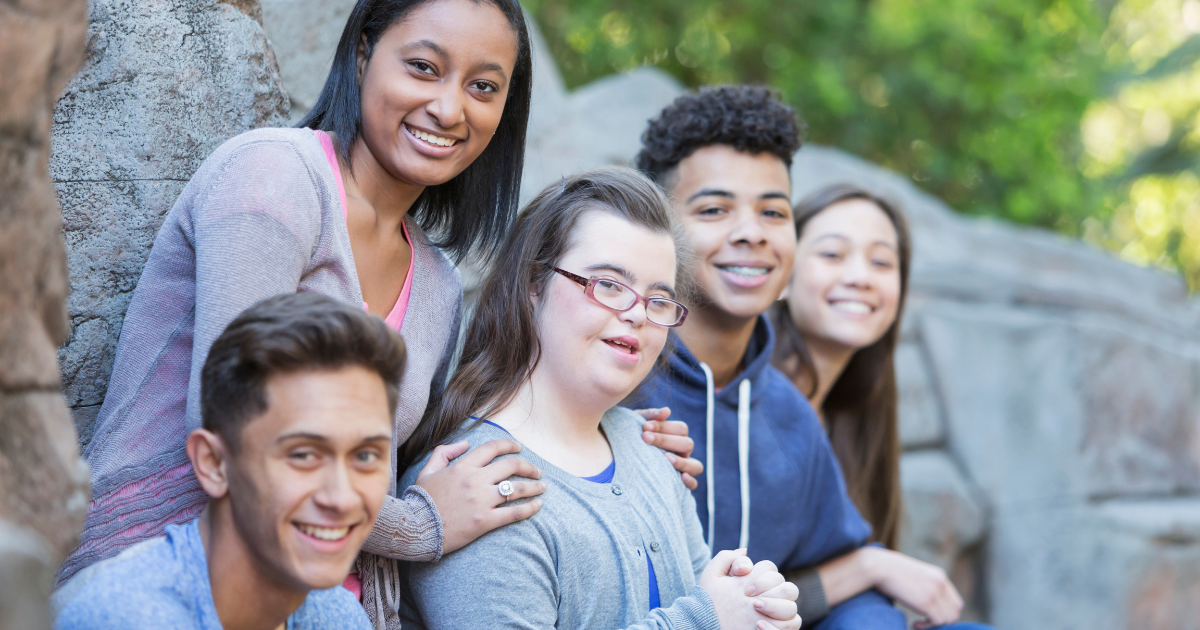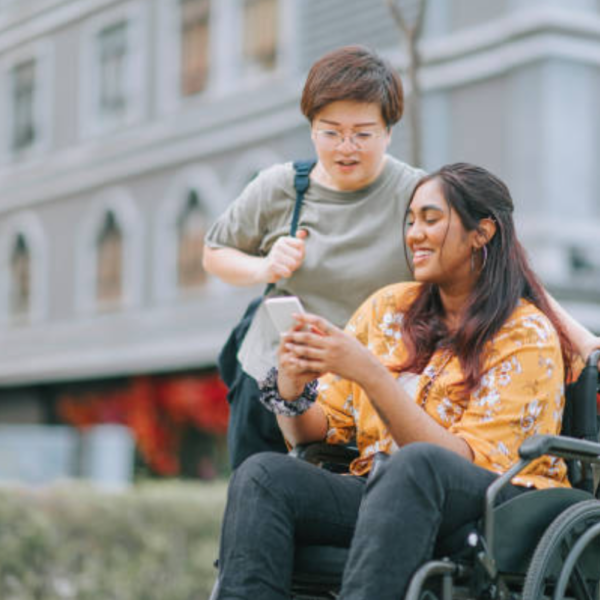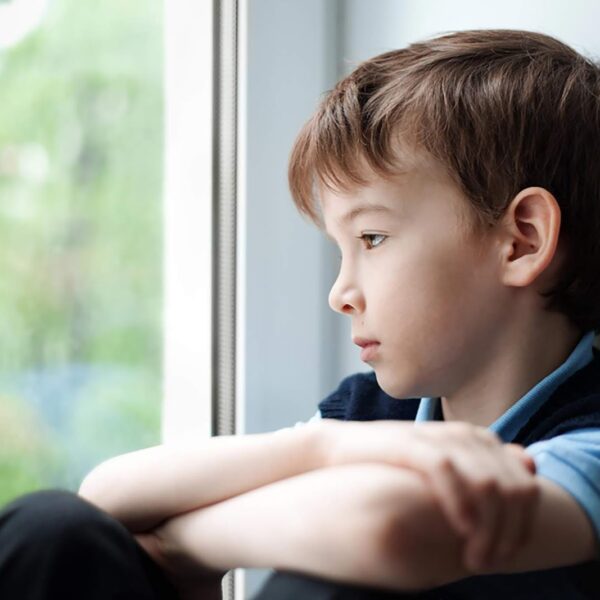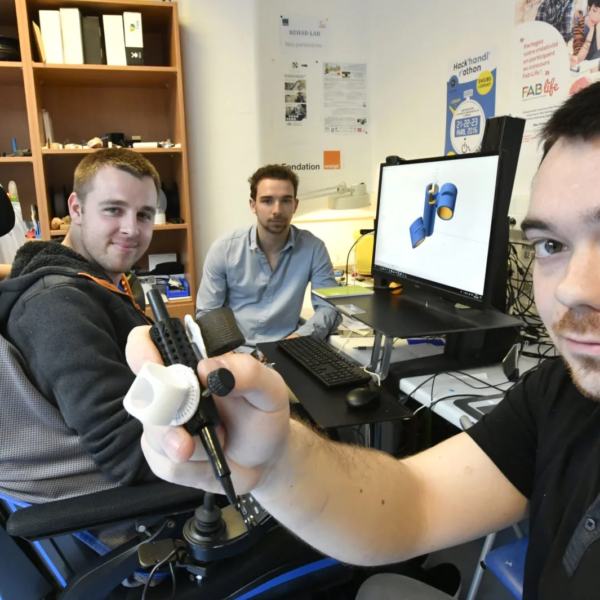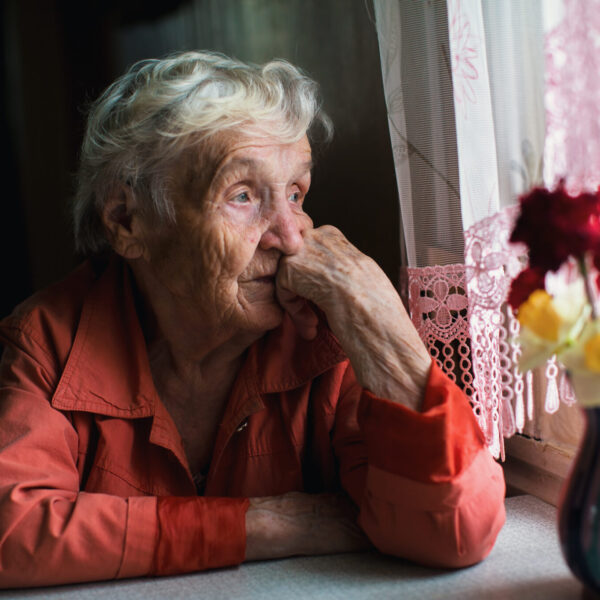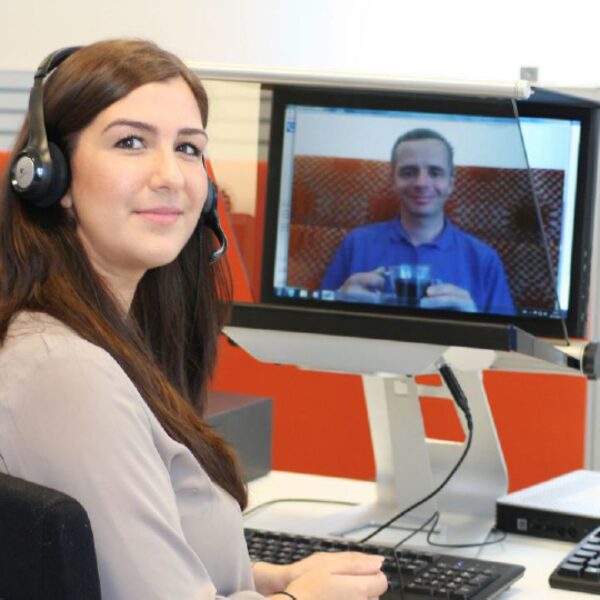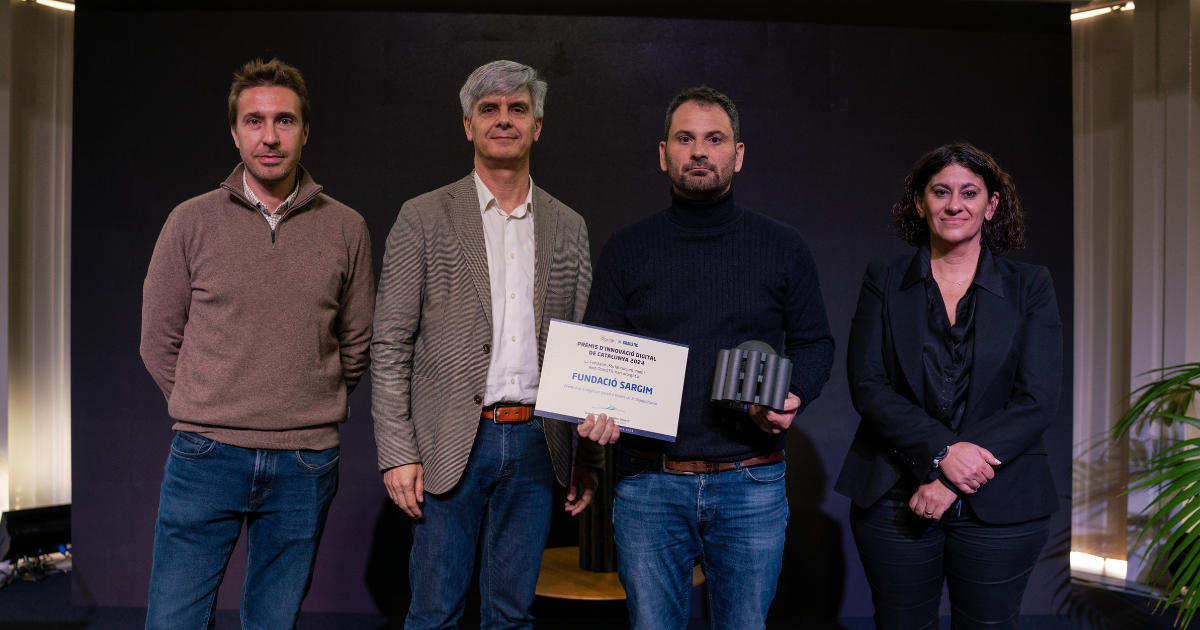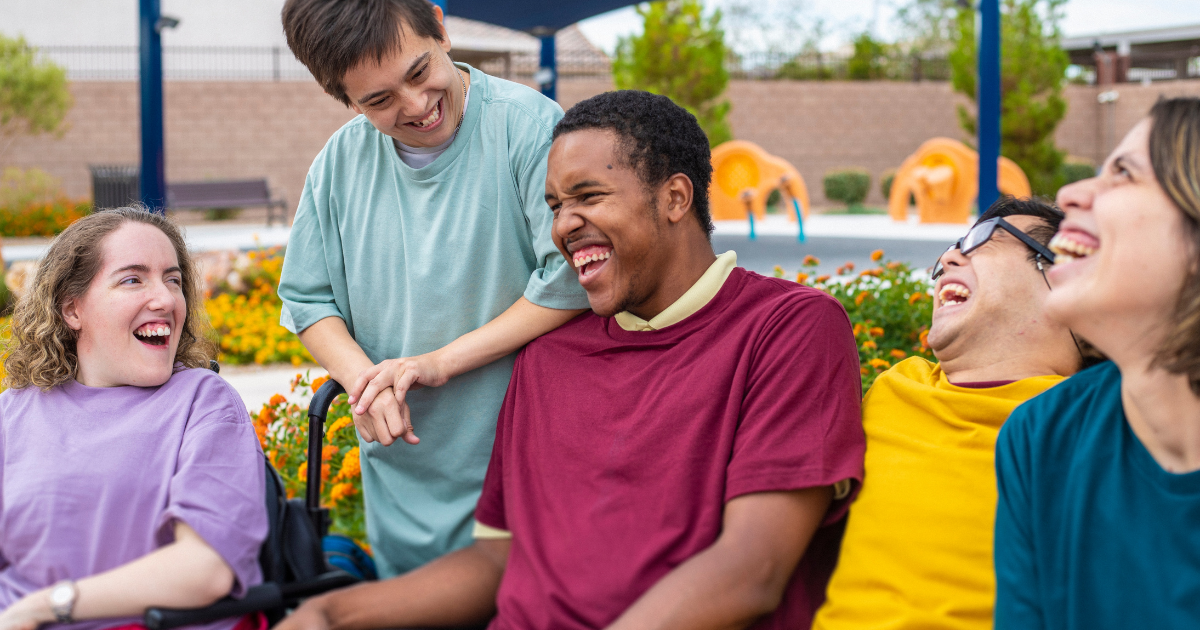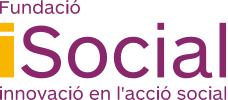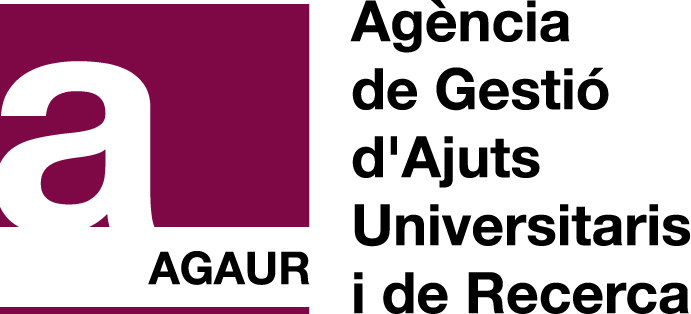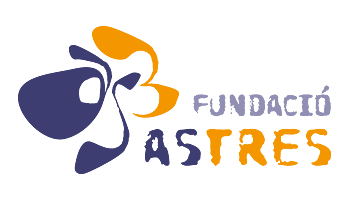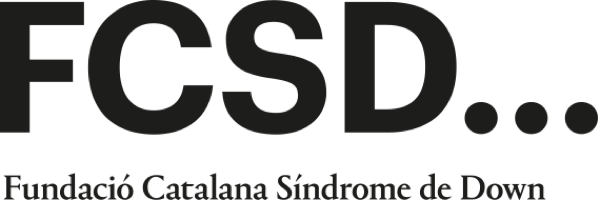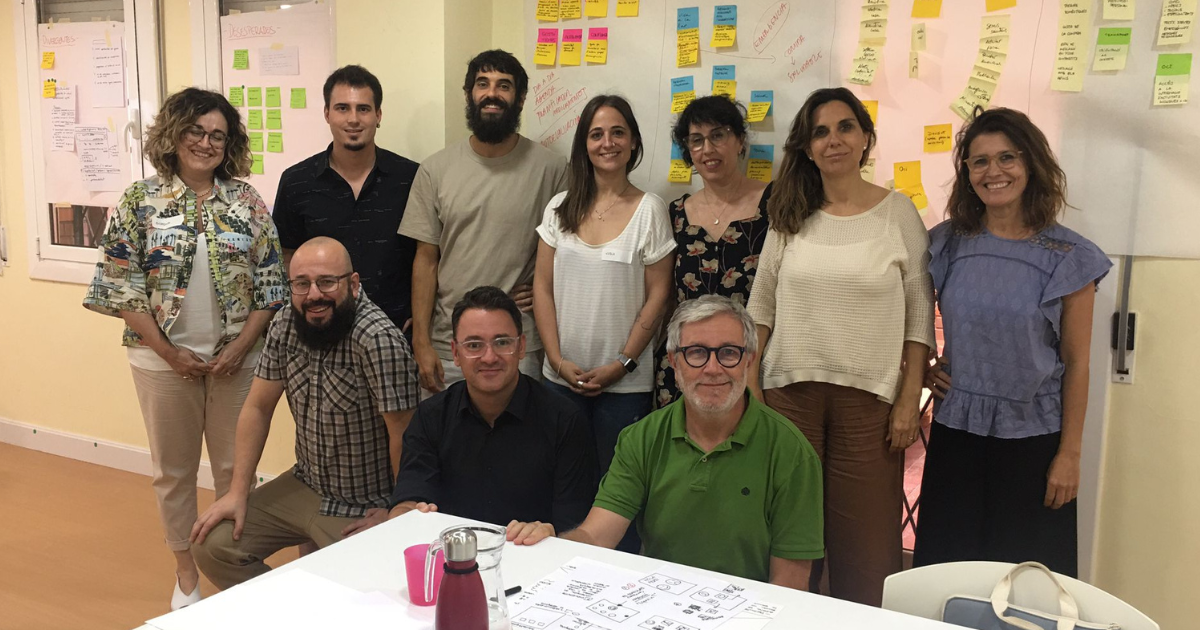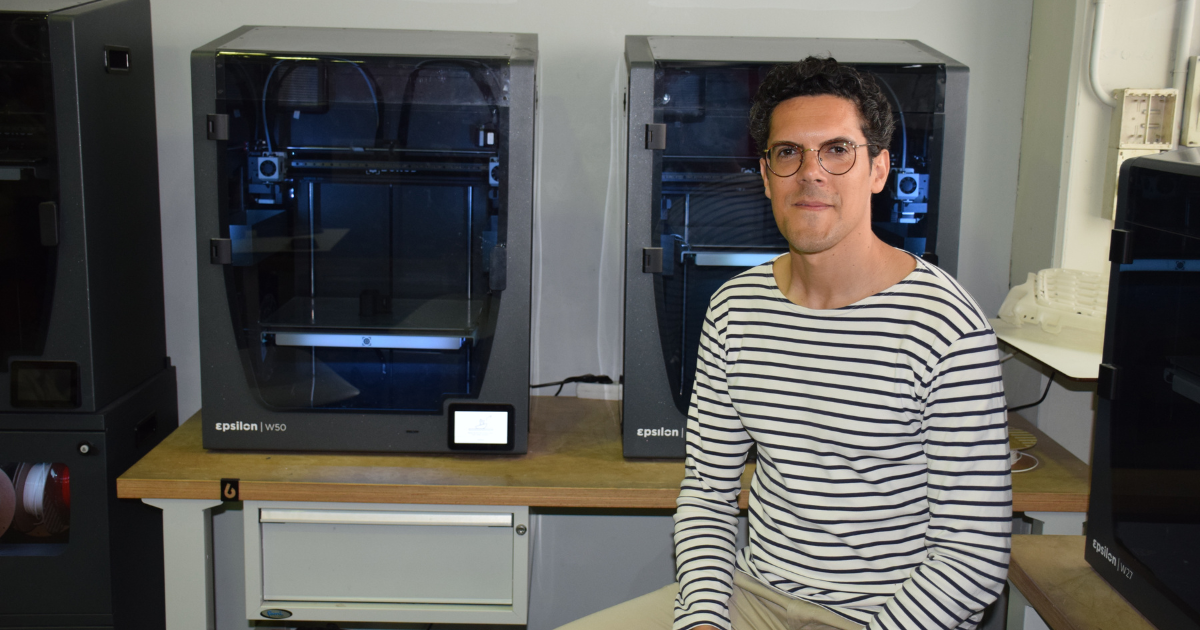Willy Allègre is an engineer and the driving force behind the Rehab-Lab european network, a community of over 50 Fab Labs that enable the 3D production of functional aids for people with motor disabilities. At iSocial, we interviewed him regarding the Rehab-Lab Cat project, which will extend the initiative to Catalonia.
How did the idea for Rehab-Lab come about?
Rehab-Lab started in 2016 at the Kerpap rehabilitation center in Brittany. The idea stemmed from a service offered there called the “technological assistance lab.” The team of engineers working there saw great potential in 3D printing to create personalized technical aids, so we decided to involve a few occupational therapists and patients, showing them what could be done. The results were well-received, and we launched a series of workshops where creativity was key. We realized that something occupational therapists were already doing—handcrafting technical aids—could be done through digital fabrication and 3D printing, which offered many advantages. We decided to create a Fab Lab space integrated within the care structure at our facilities to allow any patient in our center to create their own technical aids, of course with assistance.
What need does this initiative address?
It primarily addresses the needs of patients with motor disabilities who have difficulty grasping or performing precise movements with their hands, such as holding a fork, eating independently, picking up a glass, or operating the joystick on their electric wheelchair. It also meets the needs of occupational therapy professionals who can improve the process of creating custom technical aids when no existing products on the market meet the patient’s specific needs. Additionally, it responds to the needs of care or medical-social institutions by enabling patients to be, as much as possible, active participants in their rehabilitation and life projects. Rehab-Lab gives them the opportunity to take charge of their own technical support, creating objects tailored to the activities they will need to perform in their new situation.
What was the learning process like for incorporating 3D printing into your center and creating the Rehab-Lab network?
As I mentioned, the first Rehab-Lab was established at Kerpap in 2016, and we immediately started spreading the word about the project, which was quite innovative at the time. Many professionals contacted us, interested in implementing a similar model, and these requests allowed us to develop a training pathway. Today, in France, there is a university degree in 3D printing specifically for the healthcare or social care sectors, where we train various health professionals. It’s quite innovative, even across Europe, to have a degree focused on 3D printing applied to healthcare or disability. This is our specialty.
What do these training programs involve?
What’s particularly innovative about our approach is that we haven’t created a purely technical training program. While there is significant technical learning involved, such as how to create an object, break it down into different geometric shapes, and design it for 3D printing, we also focus on pedagogy related to organization. Our experience has shown that projects fail when a center’s management buys a 3D printer and simply tells the occupational therapist to use it for creating functional aids. That doesn’t work because you have to think about organization, patient flow, and the roles each person will play. We quickly realized this and integrated this aspect into our training, teaching people how to understand and define the project.
There’s a clear intent in your project to share the knowledge gained.
Yes, another important lesson we’ve learned is how to harness the benefits of 3D printing by sharing not only the technical aids we’ve created but also by accessing aids made by others. This saves time and offers new ideas for creating aids for our own patients. That’s the big advantage of the digital revolution behind all this. Before, occupational therapists would create functional adaptations using thermoformed plastic, which had to be heated to shape it. The adaptations were unique, and to make another one, you had to repeat the whole process. Now, thanks to digital technology, a technical aid model can be shared and recreated to meet the needs of other professionals. We can consult a database to see what already exists before creating a new aid for someone.
What are the advantages of 3D printing compared to previous materials like plastic or wood?
First, from a technical standpoint, as I mentioned, digital manufacturing offers advantages over traditional manufacturing methods. The benefits are in the adaptability and ease of use. If I want to create an object, I can take an existing 3D model and easily adjust its dimensions. This way, we don’t start from scratch, but from a pre-existing model. Another benefit is the ability to reproduce the object. When a technical aid is created, the patient receives both the object and the digital file. If the object breaks, they still have the file and can request an exact copy from a local Fab Lab or 3D printing service without needing to reconnect with the organization that initially made the object. Other advantages include reduced costs, faster production, and the ability to adjust the weight of the aid. Additionally, there’s a broader benefit beyond the technical aspects—making object creation accessible to people who may not have the physical ability to manipulate materials like wood or plastic to create custom adaptations.
Then there’s also the personalization…
Exactly. The ability to choose the color, material, and design is significant for helping individuals feel more connected to their technical aids, which in turn empowers them in the face of their disability. In the case of children, for example, customized designs can help diminish the visibility of the disability and make the aid more appealing. From a social standpoint, this encourages users to get involved in the design of their own technical aids.
Can you give us an example?
At the Rehab Lab in Kerpap, the first person to create a technical aid was named Jean-Christophe. Among other things, Jean-Christophe is a DJ and a quadriplegic. For his DJ activities, he uses a stem that he holds in his mouth to press the buttons on his mixing table, and he can also control a computer with head movements. Jean-Christophe wanted to replace the standard buttons on the mixing table with 3D-printed ones that had a hole where he could better fit the mouthpiece, allowing him to control them more easily. He even chose glow-in-the-dark material so he could see them at night.
I often share this example because, although it’s a rather unique case—not many quadriplegic patients are DJs—it demonstrates the high level of user participation that we strive for.
This collaborative process is central to the Rehab-Lab project.
Yes. For me, Rehab-Lab is less of a technical project and more of a project about rethinking the user’s role. The key aspect is that the person, whether they’re a patient, resident, etc., is involved at the highest level, even in the co-design process. The result is tangible: a physical object born from an idea, from the exchange of ideas among different stakeholders, and everyone quickly understands what the object is for.
How does the co-creation process of functional aids work between patients, occupational therapists, and technicians?
In the Rehab-Lab model, this tripartite approach is essential. On one side, there’s the patient, who is the project leader in creating their technical aid since they’re the expert on their disability. But the patient needs support from others with a broader view. The second person is the occupational therapist or healthcare professional, who can contribute their clinical experience and expertise. The therapist is mainly involved in expressing the needs, identifying whether a custom technical aid is required based on what’s already available on the market, and then evaluating the object after it’s created to see if any modifications are needed. Thirdly, there’s the technical specialist who supports the user with 3D printing, from conception to manufacturing and maintenance. If there are technical issues (which are common), the technician must resolve them and teach patients how to use 3D printing software.
Do all Rehab-Labs need to have an engineer in this role of technical advisor?
No, most Rehab-Labs haven’t had the opportunity, due to funding reasons or otherwise, to hire an engineer. But there are many other ways to have these technical advisors. They can be occupational therapists who have been trained in 3D printing and take on this role to support other occupational therapists. They could also be engineering or university students doing internships, or occupational therapy students who are increasingly interested in this area. In some cases, former patients who have created their own assistive devices and have been trained can also help other patients.
I imagine that for occupational therapists, this co-creation process is also interesting.
Yes, and maybe it’s worth mentioning an additional advantage of 3D printing, which is that the Rehab-Lab space is a mediation space; that is, beyond creating a functional assistive device, it’s a space where occupational therapists can work, first observing, before doing anything, what the patient needs when using a computer—whether they use a joystick, what hand movements they make, whether they need help pressing keys, and so on. These are all useful observations. They can also work on cognitive functions through spatial orientation on the computer, memory aspects… In short, there’s a lot at play in this space beyond just creating a functional assistive device for the user.
What led you to create the Rehab-Lab community, and how has it evolved over time?
Over time, we aimed to spread the initiative and support professionals who wanted to implement assistive device creation through 3D printing. From the start, we saw the value in sharing content and assistive devices as freely as possible. This is why the initiative expanded, first regionally, then nationally, and now at the European level through two international projects. Today, there are nearly 50 Rehab-Labs, mainly in France but also in other countries.
The goal of creating the Rehab-Lab community is to allow people to find solutions to their needs when there are no products available on the market. The community helps maximize our impact. Currently, we’ve taken on the role of animating this community: sharing experiences, asking beneficiaries for feedback, etc. We also offer services, mainly training and support for organizations to implement these types of activities. It’s a task that requires time and faces funding challenges.
Is funding a challenge?
Yes, clearly, there are significant challenges related to the business model, especially around community animation. That’s why, in 2024, we had to introduce a paid membership option for the network. Our philosophy is to maintain free membership, but now we also have this second level of membership that helps contribute financially to the project’s sustainability. This is important to continue the work we’re doing, and I think most Rehab-Lab members in France understand the value of contributing to ensure the initiative lasts. But extending this model to the broader European network will be a challenge.
What other challenges are you facing now?
Another challenge involves the regulations around medical devices, which is a European regulation affecting most personalized assistive devices for various disabilities. It applies across all European countries, so the good news is we all face the same restrictions. This regulation means that an assistive device that takes two hours to create might take two days or more to get to the patient because you need to fill out technical documentation explaining the printing parameters, quality management, etc. It’s not just a matter of time but also of workload. This is a challenge we need to address.
The good news is that digital fabrication allows us to trace our personalized assistive device creation more easily. We know the object, we can reproduce it, we know the materials used, we have the references… The 3D printer is also always the same. Before, with manually created assistive devices by occupational therapists, everything was more complicated. That’s a positive aspect, and what we’re doing now is applying best practices to streamline the process. But in any case, this will be a challenge for the next four or five years: demonstrating our good faith and rigorous compliance with European regulations, though adapted to the context of personalized assistive devices.
At the same time, as we expand the Rehab-Lab network, we have more strength to demonstrate what it means for a social or healthcare organization to create a “personalized assistive device.” We are more than 100 strong, making it easier to show the kind of activity we’re involved in. Asking us to produce such a large volume of documentation, with the same requirements as companies, is not viable.
Rehab-Lab is currently expanding to new countries. How is that process going?
When we considered how to spread our practices internationally, we realized that the role of the leader is key. The leader is responsible for spreading the concept in their country. We believe this is the best model because it allows for better cultural and linguistic adaptation, etc., and it’s also useful and interesting to share the network’s animation work. The Rehab-Lab Cat project is a great example. We’re doing this in Belgium as well, and there are organizations in other countries that are asking to take on this role to try and start spreading the Rehab-Lab project in their contexts.
What would you highlight about the process of implementing Rehab-Lab in Catalonia?
First of all, I’d like to take the opportunity to thank iSocial for the work they’re doing, which I’ve seen firsthand. At iSocial, you identified my initiative, had me participate in a webinar, and then decided to present the project to a call for proposals together with other organizations [Ampans, Guttmann, CIM-UPC, and Avinent], including us as partners. I really value this approach: recognizing an initiative that already exists and is well-developed, using it as a reference when creating your own project, while considering cultural and linguistic aspects, but connecting with what’s already out there so you’re not starting from scratch. I think this is a win-win strategy: the local network in Catalonia enriches the existing network, and at the same time, it will be strengthened. Plus, Rehab-Lab in Catalonia will be very useful in showing how things can be set up in a short period of time. So, I wanted to thank you for this opportunity, congratulate the project proposal behind it, and say that Rehab-Lab Cat has all the ingredients for success. And, of course, those who will benefit the most are the people who will be able to access the local Rehab-Lab and get effective services tailored to their needs
